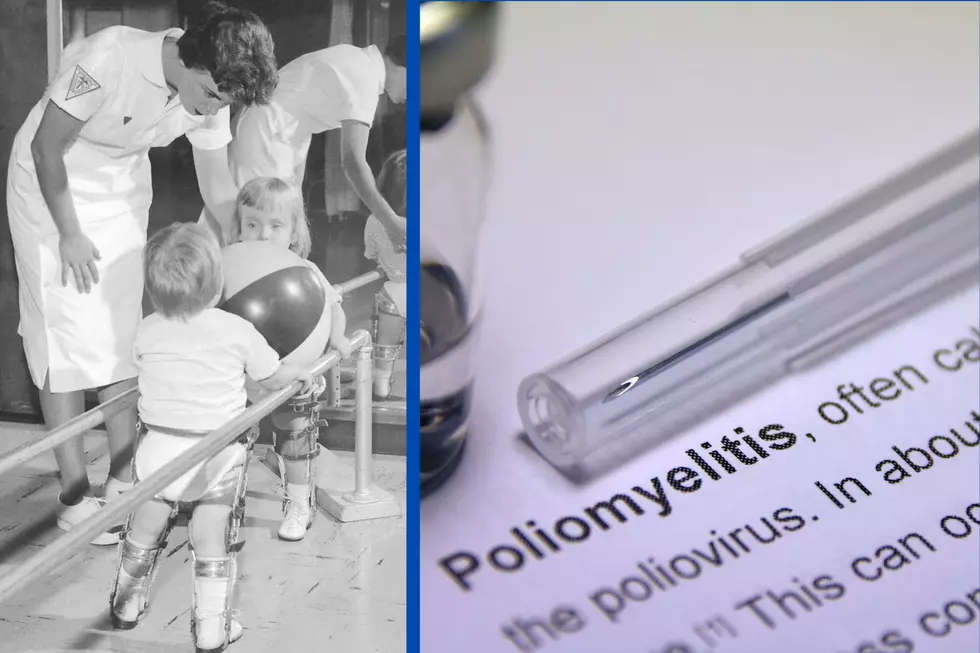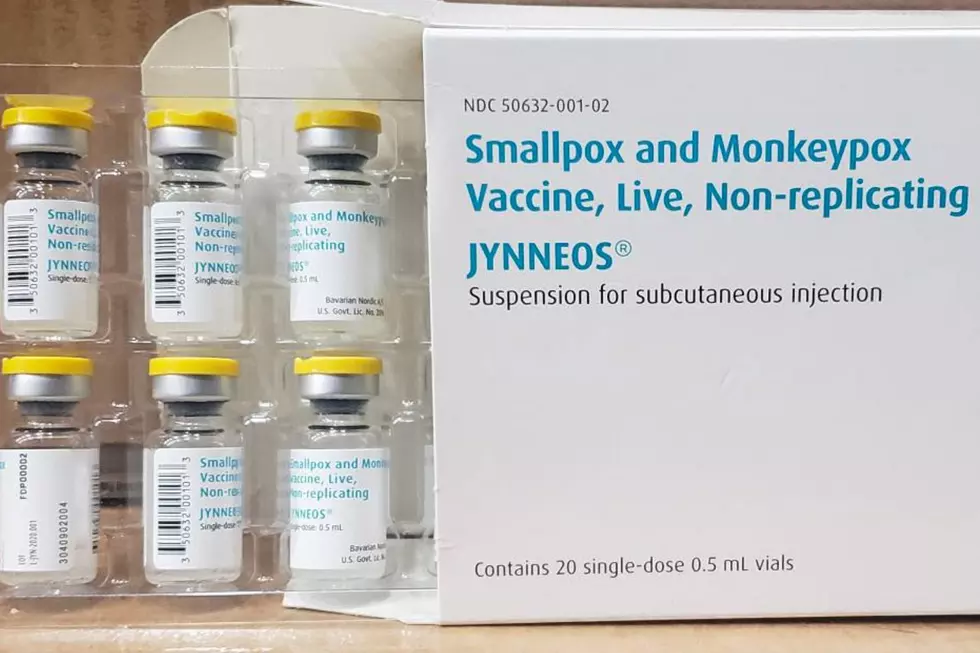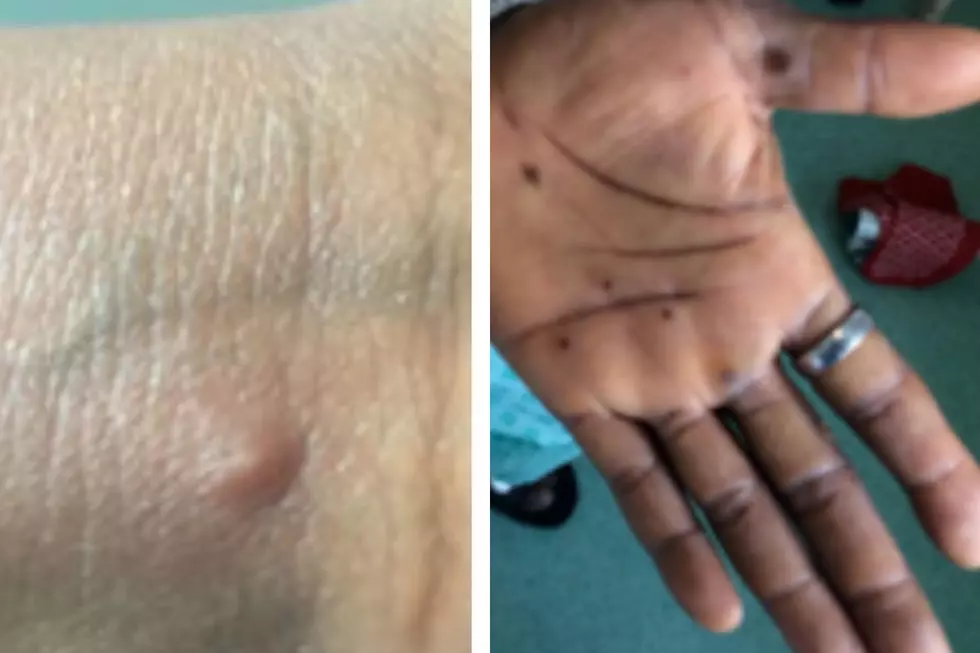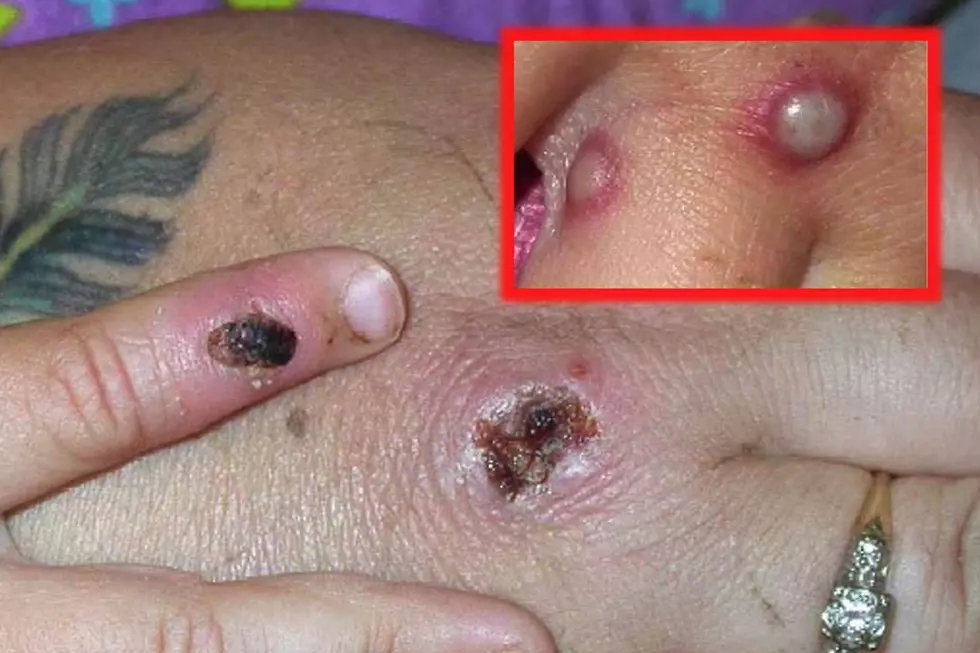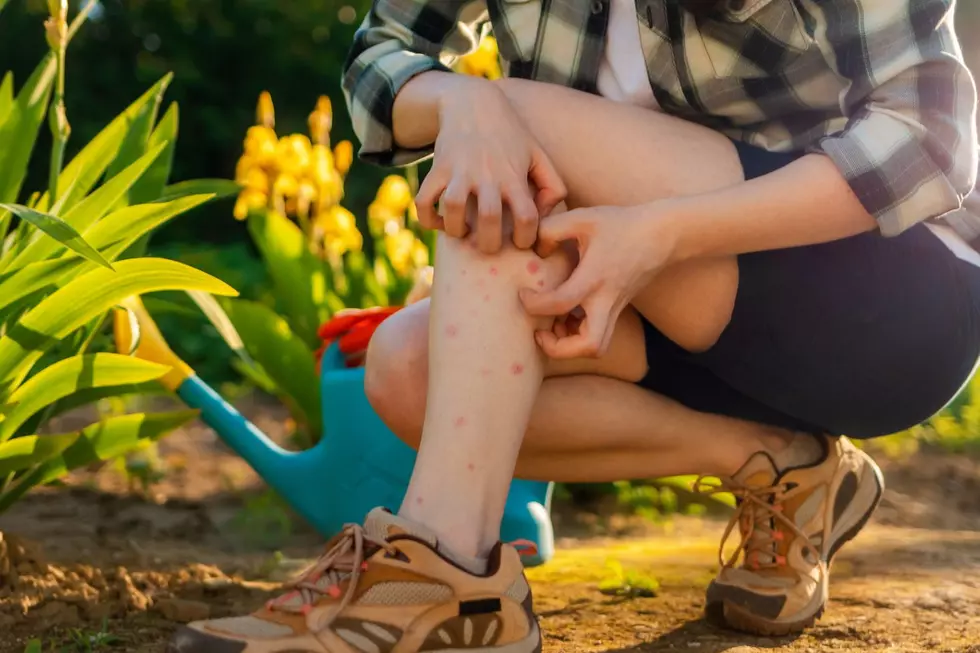
NJ confirms 1st human cases of this mosquito-borne virus in 2022
TRENTON — Health officials have urged residents to keep their bug spray stocked through the late summer and early fall, as the state has confirmed its first human cases of West Nile Virus this year.
Three men tested positive earlier in August for the mosquito-borne illness, in Ocean, Morris and Bergen counties. One patient is in his 80s, while the other two are in their 50s — all were initially hospitalized, according to the state health department.
Two of the men are now recovering at home, while one remains hospitalized.
In an average year, there are eight human infections with West Nile Virus reported, according to the state.
New Jersey had more than four times that last year — with 36 human cases.
West Nile symptoms
Many people experience no symptoms, or a mild to moderate illness, typically with a fever.
People over age 50 and those with weak immune systems are at greater risk of developing severe illness.
An average of one in 150 people will develop a more severe form of the disease, with potential symptoms such as severe headache, high fever, neck stiffness, disorientation, tremors, convulsions, muscle weakness, coma and paralysis.
Early symptoms could be confused with COVID-19 or several other common viral illnesses.
Specific laboratory tests are needed to confirm infection with the virus.
There is no specific treatment for it, state officials said, adding the best way to prevent the disease is to avoid mosquito bites.
Active season, on-trend
The virus’ presence is elevated in mosquitoes this year — but is similar to five-year average trends, state officials continued.
So far, WNV has been detected in 293 mosquito pools and a red-tailed hawk this year across the state — while no cases among horses have been reported yet in 2022.
“August and September are the months that we see most West Nile virus cases in New Jersey," state Health Commissioner Judith Persichilli said in a written release.
"It is important that residents take steps to protect themselves by using an EPA-registered insect repellent, wearing long sleeves and pants and avoiding the outdoors during dawn and dusk when mosquitoes are most active,” she continued.
West Nile cannot be directly transmitted from birds to humans, but can be caught through the bite of a mosquito that has fed on an infected bird.
In addition to potentially harming humans, WNV can affect a horse’s neurological system, which is why preventive care is encouraged.
“We strongly urge horse owners to vaccinate their animals from serious mosquito-borne illnesses such as West Nile virus and Eastern Equine Encephalitis,” state Department of Agriculture Secretary Douglas Fisher said in the same release.
Mosquito crackdown
Just a bottle cap full of water is needed in order for a mosquito to lay its eggs, according to health officials.
Residents, business owners and contractors are asked to take steps to reduce mosquito populations on their properties by emptying or changing standing water outdoors, at least, weekly to stop mosquito breeding.
“Controlling New Jersey’s mosquito population is a major part of protecting our public health,” state Department of Environmental Protection Commissioner Shawn LaTourette said in a written statement.
He continued, “Even small amounts of rain following these drought-like conditions can produce significant numbers of container-inhabiting mosquitoes known to spread West Nile virus.”
Erin Vogt is a reporter and anchor for New Jersey 101.5. You can reach her at erin.vogt@townsquaremedia.com
Click here to contact an editor about feedback or a correction for this story.
Beautiful sunflower fields to visit in NJ 2022
LOOK: The most extreme temperatures in the history of every state
Here's where NJ legal weed is sold
LOOK: What are the odds that these 50 totally random events will happen to you?
Cape May, NJ: 15 wonderful places to visit
More From Beach Radio





